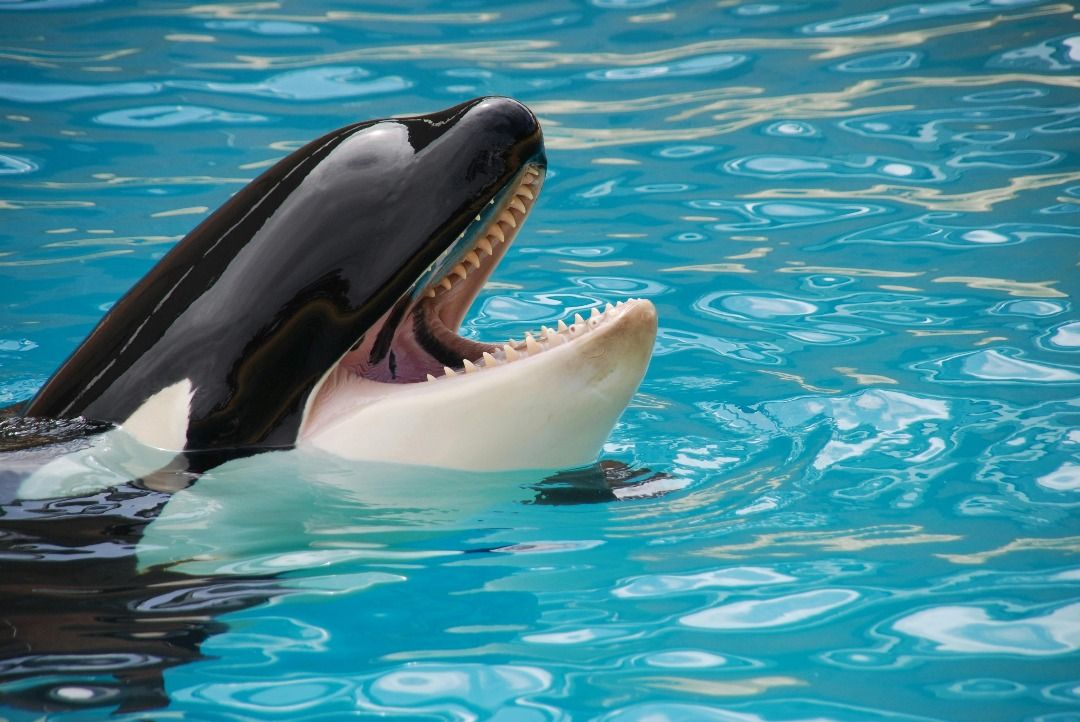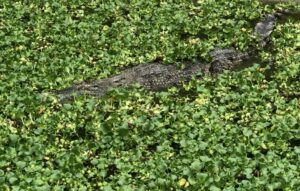OVER millennia, humans have forged bonds with various animals.
Once domesticated out of necessity, pets such as cats and dogs, and even chickens and cows, have become cherished family members.
However, there are still plenty of animals out there that would gladly eat us for breakfast, no matter how friend-shaped they may seem! That is to say, we should not expect a tiger to bring us freshly-hunted house geckos in exchange for cuddles or cat treats. Up until this point, you might be thinking, “Well, duh!” As such, you may be surprised to find that a very unlikely animal engages in “gift-giving” behaviours to humans.
Is it true that wild killer whales occasionally offer food to divers?
VERDICT:
TRUE
Orcas, aptly named killer whales, have earned every bit of their fearsome reputation. These apex predators are at the top of the food chain in the ocean, meaning little to nothing can threaten them. They are also one of the rare animals that will kill for sport, and have been spotted toying with prey for hours or even killing baby seals just to discard the carcass.
All of this suggests that if they were to come across a human, they would have no qualms about ripping us to shreds. Humans kind of look like seals in our diving suits, after all.
However, that could not be further from the truth, as orcas have been recorded bringing “gifts” of prey such as dead birds to human divers.
Jared Towers, the executive director of a team of marine biologists based in Alert Bay, British Columbia, recalls two separate instances – which occurred years apart – of orcas bringing him food. The first time was a dead seabird brought right up to his camera, while the second time, the orca “dropped a freshly killed harbour seal pup right beside (his) boat.”
When Towers asked his colleagues, he discovered that they, too, had been gifted food by killer whales. All in all, just from Towers’ contacts alone, he recorded 34 instances of killer whales around the world presenting humans with food.
Researchers still have no idea why orcas do this. Some hypothesise that they are simply playing or are curious about how a diver will react, while others suggest that they are using small prey as bait for bigger prey.
However, these theories are somewhat discounted by the fact that the orcas have been recorded repeatedly trying to “re-gift” the offered prey when a human rejects it, going as far as to retrieve it if the human tosses it back in the water.
According to Towers, some orcas will simply abandon the food after failed attempts at giving it to a human, while others will bring the prey to share with podmates instead.
While marine biologists are still puzzled, psychologists hope this behaviour can help them further understand the concept of “interspecific generalised altruism”, which is when animals are observed helping members of another species for no apparent gain.
If you would like to contribute to this research, do check if your local orca has a juicy bird or seal to offer you.
References:
1. https://edition.cnn.com/2025/
2. https://www.discoverwildlife.
3. https://www.iflscience.com/







